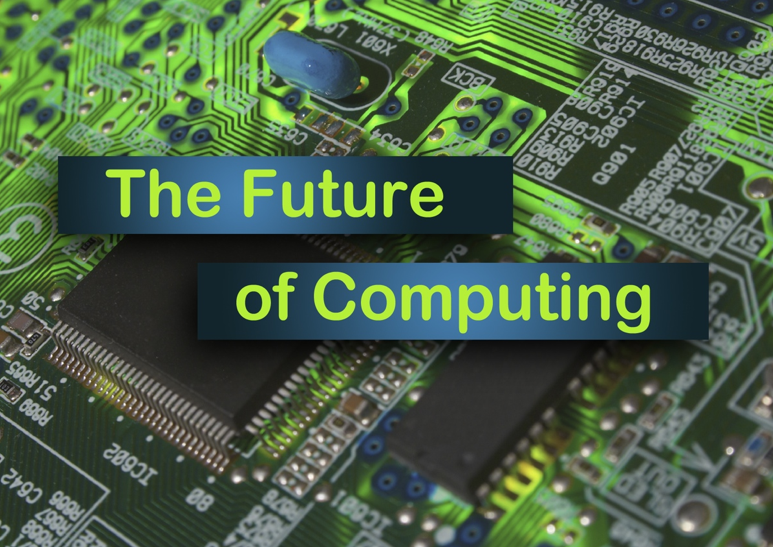It seems that the US Supreme Court has ruled on online file sharing and control, which is worth billions of dollars. Do not you feel a wave of confidence in the fact that nine people have no idea of the reality of the Internet or do not understand anything about computers?
They are not even hooked enough to understand how completely lost they are in a computer-controlled world. The very technology on which they are trying to make decisions has fundamentally changed the decision-making process.
Think about how major decisions might be made in the future. Today, we have elected representatives tracing the course of the nation and trying to convince us to pay for it. If they decide that a war is in the interest of the country, they do whatever it takes, legal or not, moral or not, ethical or not to get us approved, because WE have to provide them with money . In a “Netocracy”, everyone would have the opportunity to decide if they wanted to fight with someone, and otherwise they would vote in a negative way. If enough voters think the war is a bad idea, NOT WAR! What concept is people who decide for themselves whether their homeland is involved in an international conflict. In addition, if a majority of the population of a country wants to go to war but not enough to pay for it, you still can not go to war.
Think about the many laws supported by special interests for their own purposes, usually to force others to agree to regulate otherwise popular activities. The war on drugs depends on funding supported by politicians who think they are serving the will of their constituents. The same applies to restrictions on private property, money, access to information, and so on. The average citizen will not be in favor of spending money on this kind of regulation without being directly affected, which almost certainly puts him in a minority. Minorities make laws pass by frightening politicians. If politicians can not control or at least influence their constituents, they lose power.
Before all this happens, computer technology will have to move forward. Most people think that mainframes run by large corporations, scientists and government agencies to handle large amounts of data and control megalithic organizations are the main use of computers. This is not the case.
The ultimate use of the computer will be an extension of the individual human spirit. An electronic mentor who will always be available to answer your questions and help you with your homework. The average person does not have an urgent need for most of the existing information in the world. It’s usually too complex, too obscure or too abstract for us to keep in mind, because most of us do not have the time to analyze and use it. It is unusual for your average Joe to need to calculate orbital velocities, rainfall patterns in South America, or the tensile strength of Ponderosa Pine. But we all had moments when we really needed unusual information to help us in a project or just to satisfy our curiosity. Mainframes attached to other mainframes and with incredibly large mass storage devices will be the repository for all the knowledge accumulated around the world and will regurgitate it on demand on our personal data terminal. We can then combine it with other elements to solve the problem we are working on at that time. Internet is the first step in this process.
I see three major advances to be made before this dream can be realized:
1. Improvement of speech recognition techniques. We must free ourselves from the keyboard.
2. Development of a flat and thin portable surveillance screen. Something you can fold and stay in your pocket.
3. Monolithic (solid) mass storage. Current mass storage devices, hard drives, optical and optical disk drives or magnetic tapes are electromechanical and are therefore extremely slow compared to the electronic speed of solid state devices. They are fragile and subject to wear, which limits rough uses unless they are specially designed and reinforced, that is, heavy and bulky.
